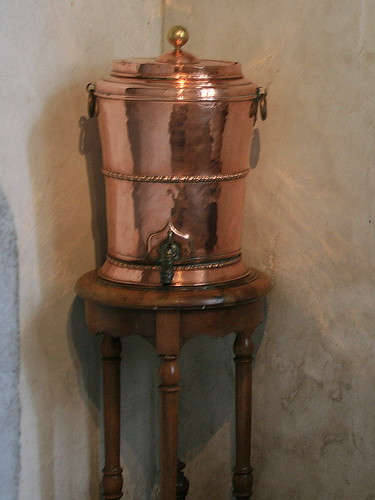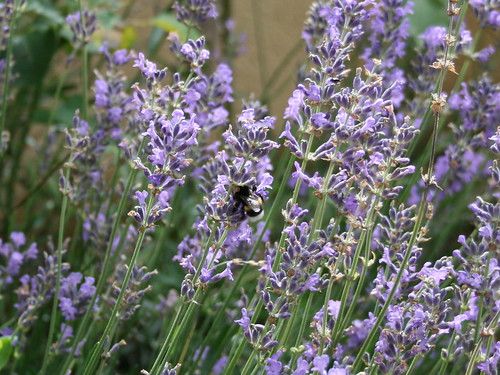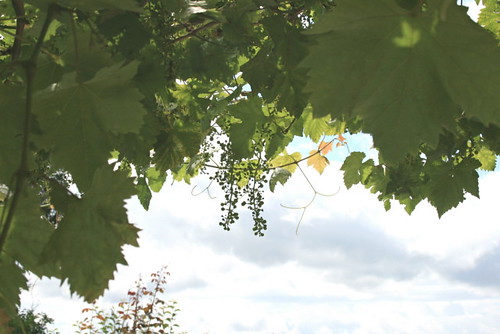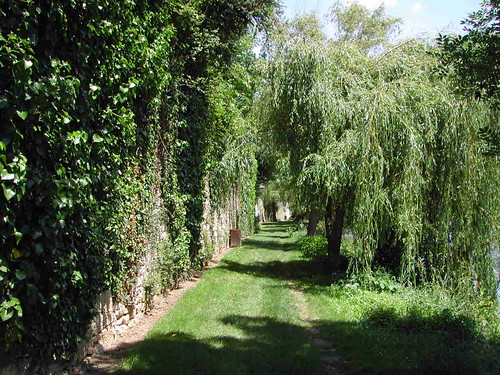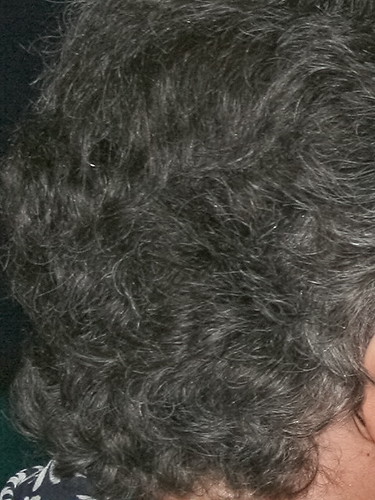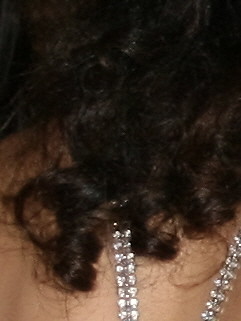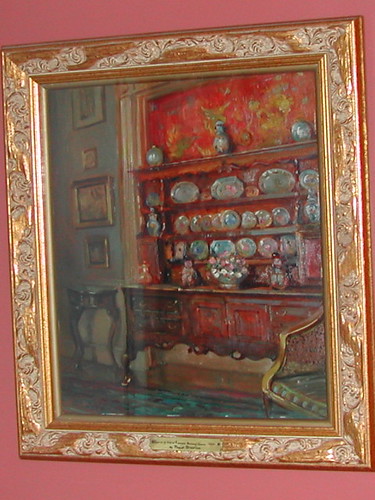
Locusts are a type of grasshopper which can breed very rapidly. Swarms of adults or bands of nymphs can travel extremely fast up to 130km a day and the swarm itself can measure from one to several hundred kilometres in length, posing a serious threat to agriculture.
According to the FAO, locusts regularly cross the Red Sea (a distance of 300km). A swarm can hold up to 80 million locust adults in each square kilometre, and is capable of destroying a crop field in seconds. A small swarm can eat as much food in a day as 2,500 people.
This year’s desert locust problem has proven particularly bad after heavy rains around the Horn of Africa and the interior of Saudi Arabia and Yemen, providing suitable conditions for the locusts to breed.
As long ago as March of this year the FAO warned that there was a locust infestation developing in the Horn of Africa, which could cause a serious problem in Ethiopia, Somalia and Sudan. It was the result of breeding from an outbreak in December in Eritrea.
In April the Yemen government was concerned but specialists said the locusts didn't pose an immediate threat, but that the next generation could.
By 8 May there was a further warning for Eritrea followed by one for Yemen where they had been seen laying eggs.
By 16 May locust invasions in Tajikistan had destroyed crops and cotton plantations over an area of almost 45,000 hectares. It is thought that this year’s locust invasion is related to the drought that has affected the area over the past two years. The locusts usually concentrate on mountain pastures and forests but when there is no grass as a result of drought they migrate to feed on agricultural crops.
In June Kyrgyzstan managed to combat the worst of a locust infestation in the south of the country they but remain as a threat in other regions. Locusts are a major current threat to Kyrgyzstan’s agriculture sector, which accounts for about one third of the country’s gross domestic product and 50 per cent of employment.
Also in June Yemen’s Desert Locusts Control Centre asked the government to increase its budget after the UN Food and Agriculture Organization said Yemen was facing its worst locust infestation in nearly 15 years. In collaboration with the Yemeni government, it is to launch a major eradication effort against desert locusts in eastern Yemen.
Today it was reported that a swarm of locusts had infested parts of Somalia's self-declared autonomous region of Puntland in the northeast, destroying crops and other vegetation, "There are millions of them and they are spreading to most of the region's farmland," said Muse Gelle, governor of Bari region. "There had been reports of locusts for about a week but the main body appeared three days ago and is eating anything that is green."
As the UN Special Humanitarian Envoy to the Horn of Africa said, that area has suffered some of the most severe food shortages, which are increasing in intensity and frequency as a result of climate and environmental change as well as political conflicts and other factors.
Some of the figures from the various reports are almost unimaginable, so the devastation must be more so. As if those parts of the world don’t have enough on their plates already.










